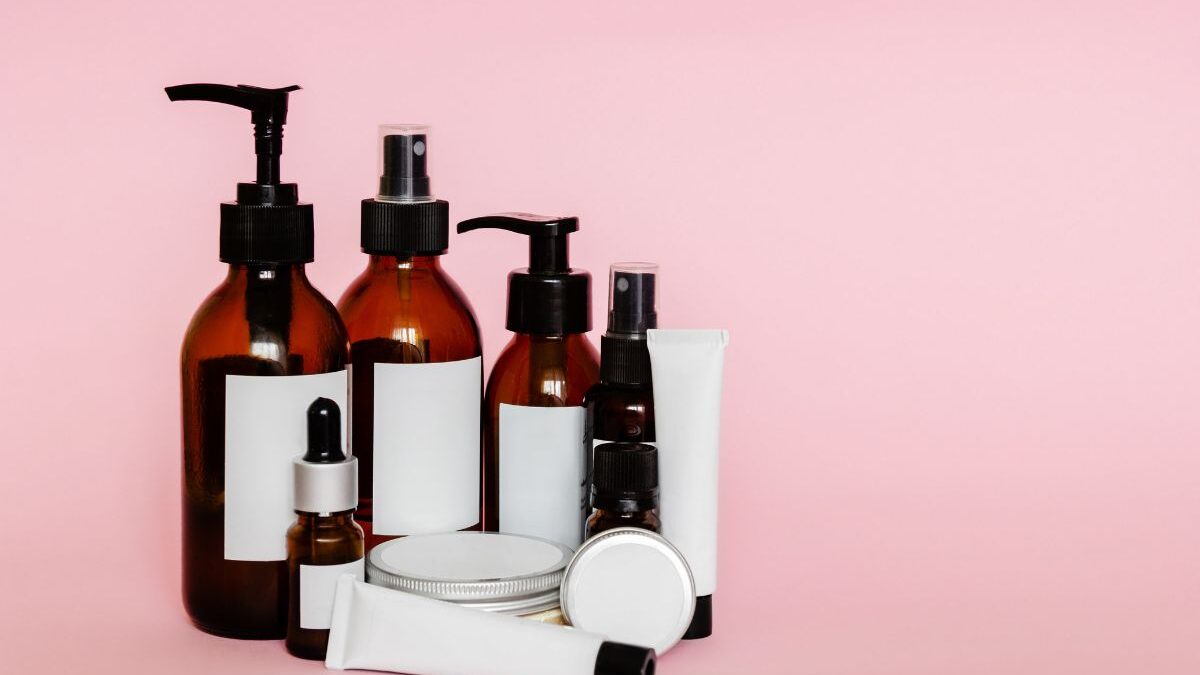The Rise of Private Label Cosmetics: A Comprehensive Guide

A Deep Dive into Bio Atoms Uncompromising Quality Assurance in Cosmetic Manufacturing
July 18, 2024
Trending Cosmeceuticals: BioAtoms’ Insights into the Latest Beauty Innovations
July 20, 2024In the ever-evolving landscape of the beauty industry, a significant shift has been witnessed with the rising prominence of private label cosmetics. No longer confined to niche markets, private label cosmetics have become a powerful force, redefining the way consumers perceive and interact with beauty products. This comprehensive guide aims to explore the key aspects of this transformative trend, shedding light on its origins, benefits, and the reasons behind its unprecedented rise.
Understanding Private Label Cosmetics
Private label cosmetics refer to beauty and skincare products manufactured by one company but sold under another brand’s name. This business model offers retailers and entrepreneurs the opportunity to create and market their own line of cosmetics without the extensive investment and resources required for in-house production.
Origins and Evolution
Private label cosmetics have a rich history, with their roots traced back to the early days of department stores. Over the years, the concept has evolved from being associated with generic or lower-quality products to a dynamic market where private label brands rival established, well-known names.
Key Milestones in the Evolution of Private Label Cosmetics
- Early Adoption in Drugstores: Private label cosmetics gained initial traction in drugstores, positioning themselves as affordable alternatives to premium brands.
- Rise of Niche Brands: Entrepreneurs recognized the potential for niche products and began creating specialized private label lines, catering to specific demographics or beauty needs.
- Quality Revolution: Private label brands shifted their focus from imitating established products to investing in quality formulations, leveraging advancements in cosmetic science.
Advantages of Private Label Cosmetics
1. Cost-Effectiveness:
Private label cosmetics enable businesses to access high-quality formulations without the hefty upfront costs associated with developing and manufacturing products from scratch.
2. Brand Customization:
Entrepreneurs can build a unique brand identity by customizing packaging, formulations, and marketing strategies to align with their target audience.
3. Faster Time-to-Market:
Private label products can be brought to market more quickly than developing a brand-new product, allowing businesses to respond swiftly to emerging trends.
4. Reduced Risk:
By avoiding the complexities of in-house production, businesses can reduce the financial risk associated with unsold inventory and production challenges.
Trends Shaping the Private Label Cosmetics Industry
1. Sustainability and Ethical Practices:
Consumers are increasingly seeking sustainable and ethically produced cosmetics. Private label brands are responding by incorporating eco-friendly packaging and cruelty-free formulations.
2. Inclusivity and Diversity:
Private label brands have embraced inclusivity by offering a diverse range of shades and products that cater to a wide spectrum of skin tones and types.
3. Technology Integration:
The integration of technology, such as virtual try-on tools and augmented reality, is becoming commonplace in private label cosmetics, enhancing the online shopping experience.
Challenges and How to Overcome Them
While private label cosmetics offer numerous advantages, there are challenges to navigate, including:
- Quality Control: Establish rigorous quality control measures to ensure consistency in product quality.
- Brand Recognition: Invest in marketing strategies to build brand awareness and trust among consumers.
- Competition: Stay informed about market trends and differentiate your brand through innovation and unique selling propositions.
Future Outlook of Private Label Cosmetics
The future of private label cosmetics appears promising, with continued growth expected. As consumers prioritize personalized and niche products, private label brands are poised to play a pivotal role in shaping the beauty industry’s landscape.
The rise of private label cosmetics signifies a paradigm shift in the beauty industry. Entrepreneurs and retailers now have the unprecedented opportunity to create distinctive, quality cosmetics tailored to diverse consumer needs. By understanding the origins, benefits, and trends shaping private label cosmetics, businesses can position themselves at the forefront of this transformative movement, offering consumers an exciting and personalized beauty experience.





